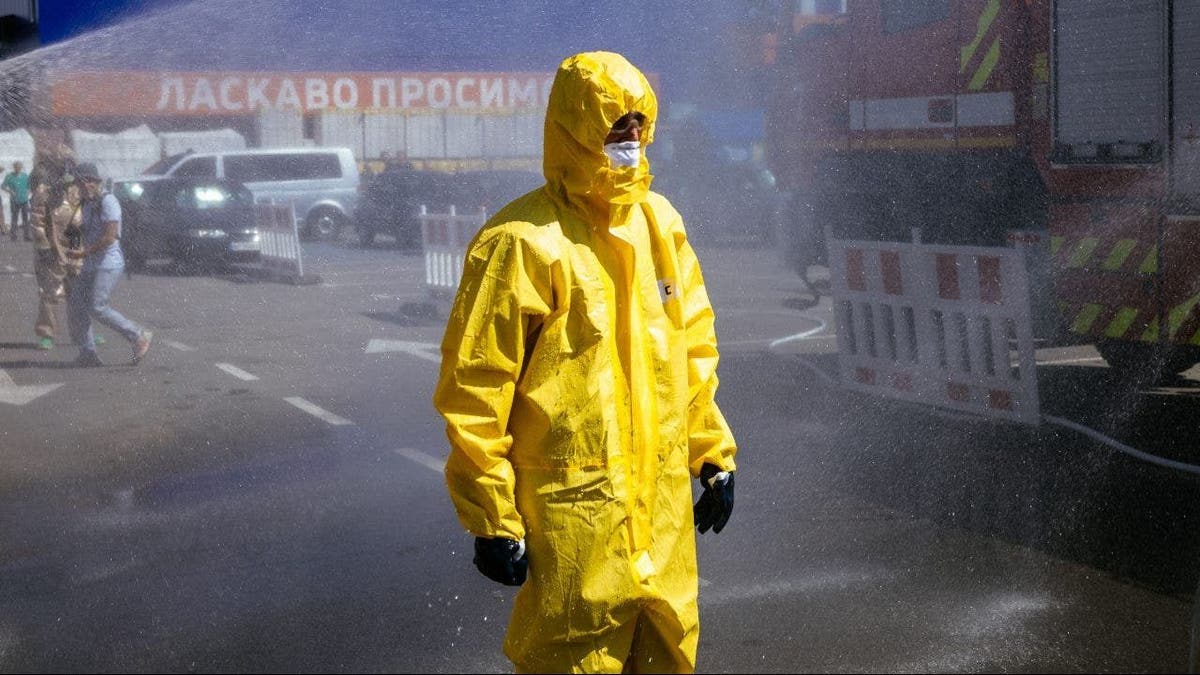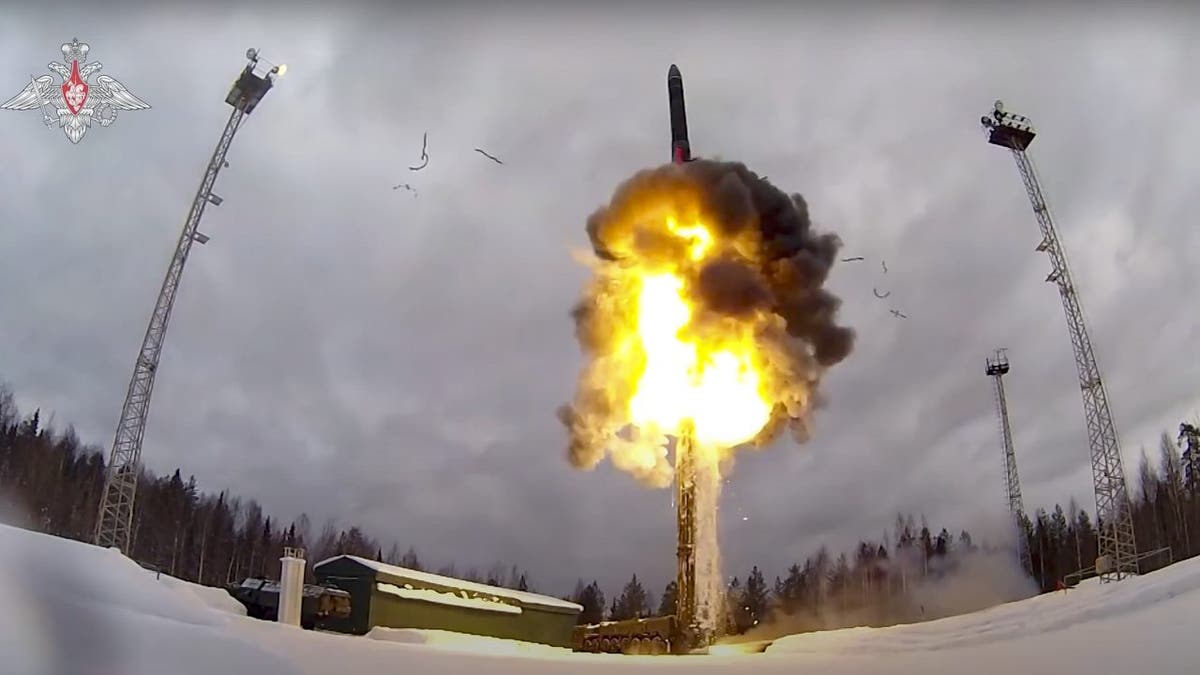Russian military defensive in Ukraine has been disastrous: Nile Gardiner
Former aide to Margaret Thatcher provides insight on the Russia-Ukraine conflict on Fox News.
The Pentagon on Tuesday said it will launch another unarmed Minuteman III intercontinental ballistic missile test in California this week less than one month after its last test.
Air Force Brig. Gen. Pat Ryder told reporters from the Pentagon that the test will be held early Wednesday morning from the Vandenberg Space Force Base in California, some 60 miles north of Santa Barbara.
"This launch is a routine test, which was scheduled far in advance and consistent with previous tests," he said. "This ICBM launch will validate and verify the effectiveness and readiness of the system."

An unarmed Minuteman III intercontinental ballistic missile launches during an operational test at 2:10 a.m. Pacific Daylight Time at Vandenberg Air Force Base, California, Aug. 2, 2017. (U.S. Air Force/Senior Airman Ian Dudley/Handout via REUTERS)
Ryder said the U.S. had already notified the Russian government per treaty obligations and noted that the pre-launch announcement is pursuant The Hague's international Code of Conduct.
Though Ryder said the tests were previously scheduled they come as relations between the U.S. and Russia have escalated to levels not seen since the Cold War amid Moscow’s war in Ukraine.
The Air Force said in August that it had conducted over 300 intercontinental ballistic missile tests and that they are "not the result of current world events."
"The purpose of the ICBM test launch program is to demonstrate the readiness of U.S. nuclear forces. And provide confidence in the security and effectiveness of the nation's nuclear deterrent," Ryder told reporters Tuesday.
The U.S. and its Western allies have toed the line when it comes to Russia’s war in Ukraine by condemning the invasion and providing arms, but they have stopped short of providing direct military involvement over concerns the war could escalate the threat of a nuclear reaction.

A Ukrainian Emergency Ministry rescuer attends an exercise in the city of Zaporizhzhia on Aug. 17, 2022, in case of a possible nuclear incident at the Zaporizhzhia nuclear power plant located near the city. (DIMITAR DILKOFF/AFP via Getty Images)
Moscow has repeatedly voiced threats hinting at nuclear escalation if Washington becomes more directly involved in the conflict, and late last month the Russian UN delegation blocked a joint declaration on nuclear disbarment that was reportedly backed by 191 countries.
The Treaty on the Non-Proliferation of Nuclear Weapons is reviewed every five years with the intention of reducing nuclear proliferation worldwide.

This photo taken from video provided by the Russian Defense Ministry Press Service on Saturday, Feb. 19, 2022, shows a Yars intercontinental ballistic missile being launched from an air field during military drills. (Russian Defense Ministry Press Service via AP)
But Moscow refused to agree to the final draft of the treaty following weeks of negotiations citing "grave concerns" over military activity near Ukraine’s Zaporizhzhia nuclear power plant, which Russia has illegally occupied since March.
The concerns over nuclear security have spiked as UN officials repeatedly warn against serious threats levied at the Ukrainian power plant, with some warning the fallout from a damaging blow could prompt a greater catastrophe during the 1986 Chernobyl disaster.












































